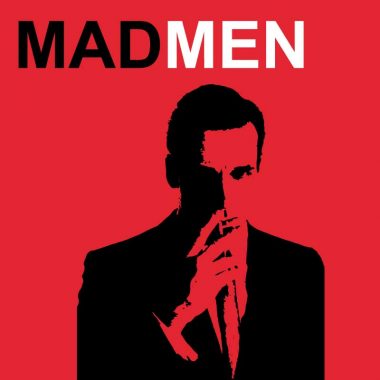What’s The Word Problem At The Heart Of Mad Men?
There has been much ado about the specific clothing, furniture, and products in the hit AMC series Mad Men. Of course, fans love the accurate details. The afternoon cocktails and elaborate dresses are a constant reminder of how much has changed since the 1960s. The show gets the set right, but what about the dialogue? Is the language on Mad Men accurate? Apparently not. There are …



